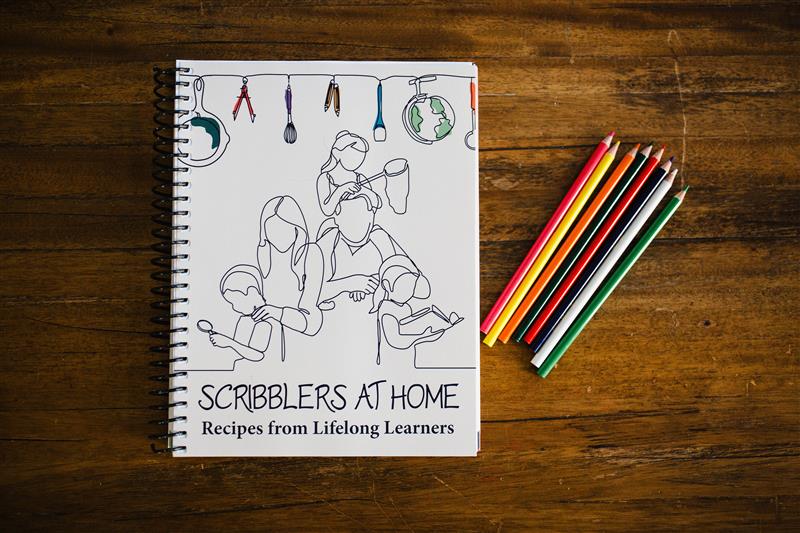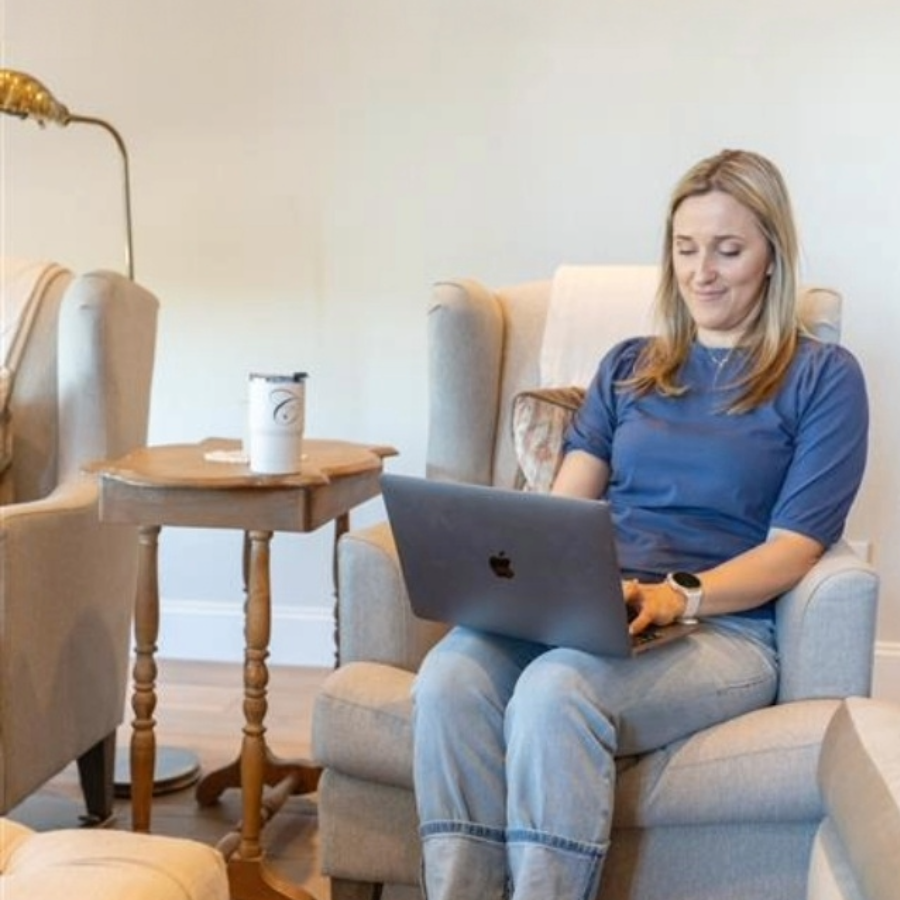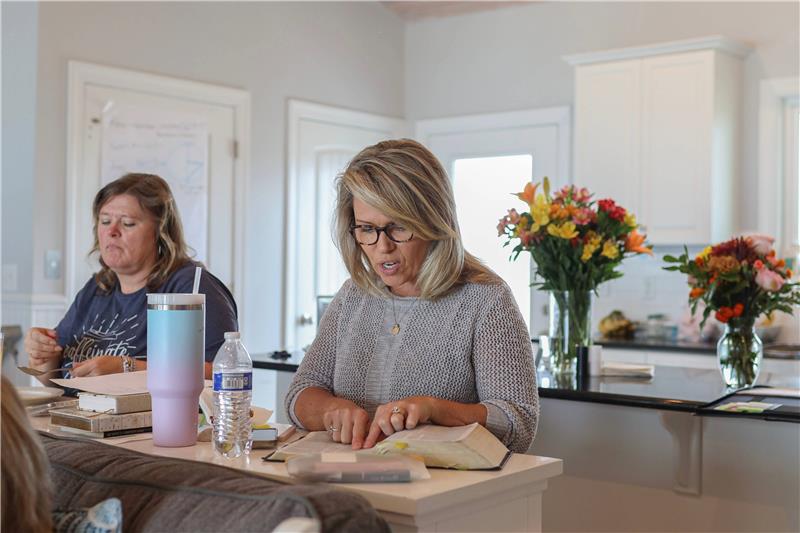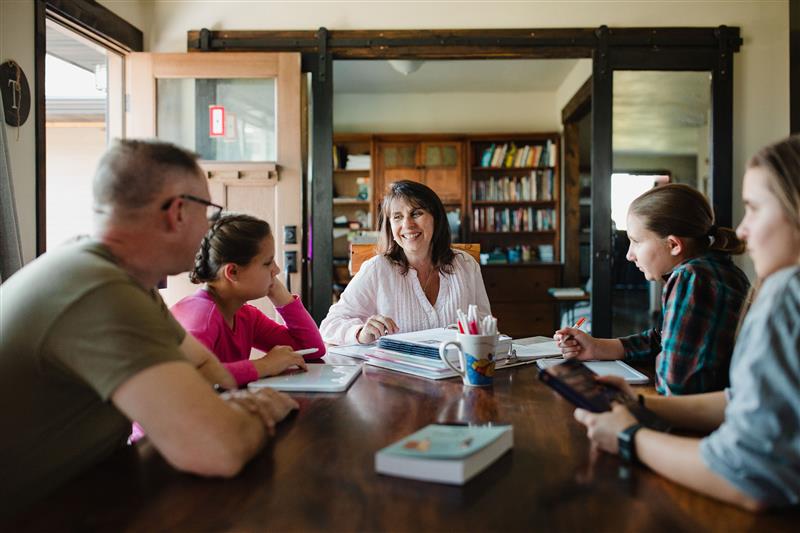
Classical Learning Cohort
Fellowship and Learning Through Practice and Hospitable Assessment
Introducing the Classical Learning Cohort

Classical Way
The Classical Way is uniquely designed to guide parents in having conversations with their children using the Scribblers at Home resource. Parents will discuss the preparation, planning, and purpose of their family’s goals, practice at home, then share and receive feedback from mentors and peers during the cohort meeting. Note: The Classical Way is a stand-alone course that can be taken at any time during a person’s Classical journey but is crafted with the parent of young children in mind.

Invitation
How can we apply Biblical principles that welcome our students into conversations, allow us to understand their point of view, and guide them through relational learning? Invitation, the first of four semesters, focuses on the purposes of hospitality, review, and readiness as parents invite students to learn.

Form
In this second semester of the Classical Learning Cohort, members learn how to organize thoughts and questions into a lesson form that naturally leads students to the discovery of truth.

Assessment
Members who have completed Invitation and Form are now ready for the Assessment semester. People often have a worldly, utilitarian view of assessment, rather than the edifying, instructive understanding that Scripture embodies. What is Classical Christian assessment? How should the Canons of Rhetoric guide us as we assess our students?

Catechesis
During this culminating semester of the CLC, members extend their understanding of assessment by conducting live, formative assessment based upon the Canons of Rhetoric, a challenging task but one these soon-to-be graduates are ready for. Members celebrate their learning while inviting learners at home and in community to embrace classical arts and skills.
Learn More Here!
What is the Classical Learning Cohort? During this one-hour event, a cohort leader will share key information as well as provide a demonstration of what we do in the cohort.
We look forward to meeting you!
Please fill out the information form to receive our current webinar dates.
Frequently Asked Questions
Each cohort will have up to six members and one mentor. Each cohort meets six times for two hours during the semester.
Members begin with either Classical Way or Invitation and then take the other semesters consecutively: Invitation, Form, Assessment, and Catechesis.
Members attend each live meeting, provide peer assessment, prepare, and present lessons. Outside of the cohort, members practice the skills they are learning at home and in a Classical Conversations community.
Members do not present lessons in the Classical Way. Instead, they are given activities to do with their children at home so that they can begin using Christian Classical ideas and have discussion with their cohort. During Invitation, Form, and Assessment, members present two lessons per semester based off their experience and according to their schedule. In the Catechesis semester members present once and assess another member’s presentation live once.
Members should have high-speed internet, enabled webcams, and audio access. When members present lessons they share their screen, use an online whiteboard, Word, and/or PowerPoint.
Cohort members present fifteen-minute lessons on content from any CC program, strand, or for any age level thus allowing members to practice Classical skills in a hospitable environment.
In addition to providing written assessment to members during or at the end of the cohort meeting, members spend approximately two hours during the weeks between meetings planning and practicing lessons. This allows members to solidify the skills they are learning by practicing with students at home or in community.
Graduates are members who have attended all six meetings of each of the four core semesters, presented a total of seven lessons, and given one live assessment.
Because peer assessment is an important part of the program, live meeting attendance is a requirement. However, mentors do their best to record cohort meetings if there is an extenuating circumstance.
A mentor is a Classical Learning Cohort graduate who uses Classical Conversations materials to lead cohort meetings. After graduating from the CLC, a mentor goes through an application process and training before being selected to join the mentor team.
The CLC practicum is a once-a-year optional event for CLC members. Members and mentors gather together in a beautiful, restful setting to learn more about classical pedagogy while enjoying feasting and incarnational fellowship with one another.
